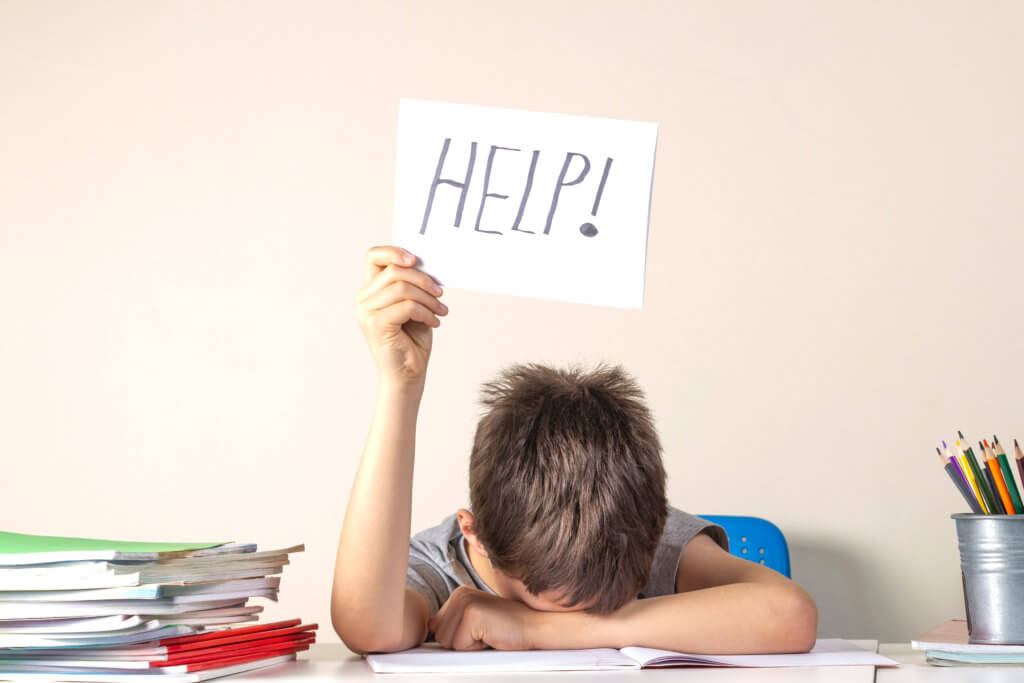You are frustrated, but feeling hopeful, and stuck in this new transition from school to homeschooling. If you have a kiddo that typically has accommodations at school, suspected to need accommodations in the future, or simply struggling to do their work in this new environment; I have some suggestions for you! First thing before we dive into accommodations, if your struggling with this new homeschool shift IT IS OKAY! There are plenty of families that are stuck feeling like they should know how to help their kids but are unsure what to do. Also, there is NOTHING wrong with your kiddo, if you are noticing that they are having a difficult time. The best thing about accommodations is that they are there to help. So let’s find a way to help you in the home.
Home Accommodation:
- Notice when your kiddo is struggling; is it in the morning, during lunch, in a specific subject, or even on specific problems.
- Check their work when you have time and if it is not a timed assignment. What do you notice? Are they not fully completing the problem? Are they missing details?
- If your kiddo has difficulty completing problems based on the instructions, have them read the instructions out loud.
- If all of their work has incomplete problems or minor mistakes, have them step away from the assignment and revisit it with fresh eyes after 15-20 mins or more if needed.
- Do you notice increased frustration as the day is moving forward, maybe after lunch or getting closer to the 2-3pm hour? Your kiddo may be experiencing mental fatigue and they may be struggling in a specific subject which increases mental fatigue. Give your kiddo a break and/or a snack. Allow them to go outside!
- Does your kiddo specifically struggle with word problems? Allow them to split up the word problems. If there are 10, do 2 at a time and give them a 5-10-minute break between each one. Also, have them read the problem aloud. This helps their brain process the information better than just reading it visually.
- Create a separate space away from the T.V. and high traffic areas in the home. Give them noise cancelling headphones to increase their focus. I encourage to keep them in an area away from their room also because this may be distracting and cause them to become fatigued or engage in social activities (playing, getting on their electronic devices, or even daydream). The area should also be away from windows to decrease distractions outside and daydreaming.
- When you’re available, encourage them to ask for help or write down their difficult problems to discuss with them.
- DO NOT give them answers without encouraging them to try on their own.
- Praise them for things they have done correctly; completing a problem on their own, finishing a problem in a shorter amount of time than they usually do, or asking for help if they normally do not.
- Focus on areas that they may struggle with when they have free time. Work with them in a patient manner to help improve their skills without giving them answers right away.
- BRAIN BREAKS ARE AWESOME!! Jumping jacks, yoga poses, sensory break, short walk outside. These are also great for kiddos that struggle with attention, sensory regulation, and mental fatigue.
YOU GOT THIS!!!
If you find you might need additional support, Alyse specializes in supporting those with IEPs and 504s.
Looking for some additional information about learning from home? Check out our other blogs Ideas for continuing learning while being at home and Schools Out: Creating structure in an unstructured time

